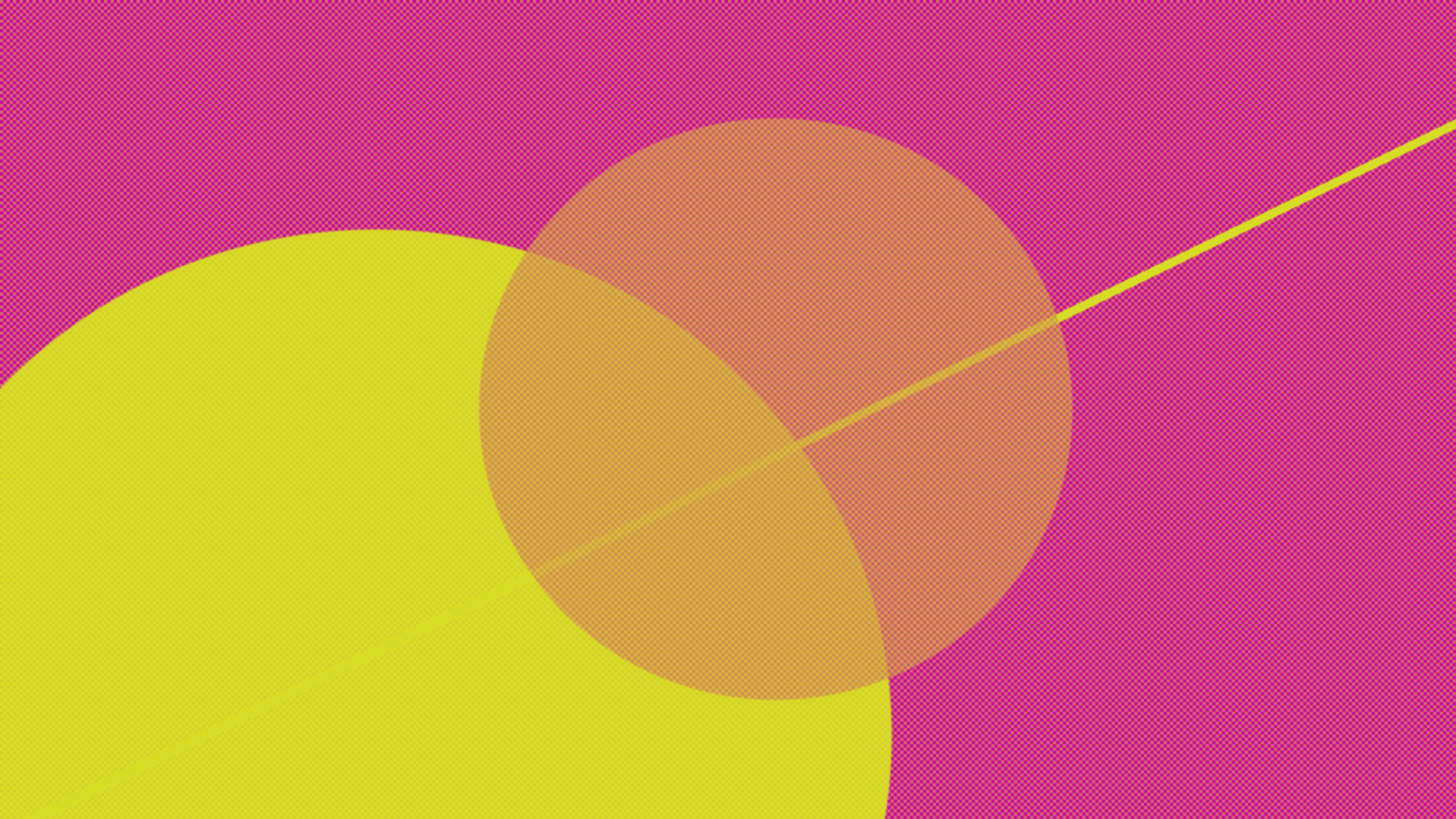Interview with a PLoS ONE author
We've been looking at PLoS ONE articles that have a good combination of important article level metrics (usage data: page views; citations, media coverage, comments and ratings etc). One such article is On the origin and Functional Architecture of the Cortex which was also featured in a journal club discussion at The Sydney University Visual Physiology Group.
I asked the Author of this article, Dario Ringach of the University of California Los Angeles, why he chose PLoS ONE to publish his work and what his experience was like. This is what he said:
Q. Why did you choose PLoS ONE?
A. It allowed a venue to publish a controversial theory about the origins of the functional architecture of the cortex. PLoS would make these ideas widely accessible and also provided a forum for discussion which, in my mind, was very useful to get constructive criticism to guide the further development of the theory.
Q. Why do you think this paper attracted interest and what are you investigating now?
A. The paper has likely attracted some attention because some predictions of the theory have now been verified (a) the dependence of orientation bandwidth with the location of neuron within the orientation map, (b) the clustering of on/off afferents in layer 4, and (c) a direct relationship between the clusters of on/off afferents and the preferred orientation of cells at that site. Our theoretical work has concentrated on expanding and working on this model to come up with new predictions and tests that could be experimentally tested with available techniques.
Q. What was your experience of publishing with us like?
A. It was a piece of cake… rapid turn around, almost no mistakes in typesetting (despite the heavy math). I will likely do it again!
If this experience sounds good to you and you’ve not tried PLoS ONE yet or you’ve only published with us once or twice, we would welcome your work.
